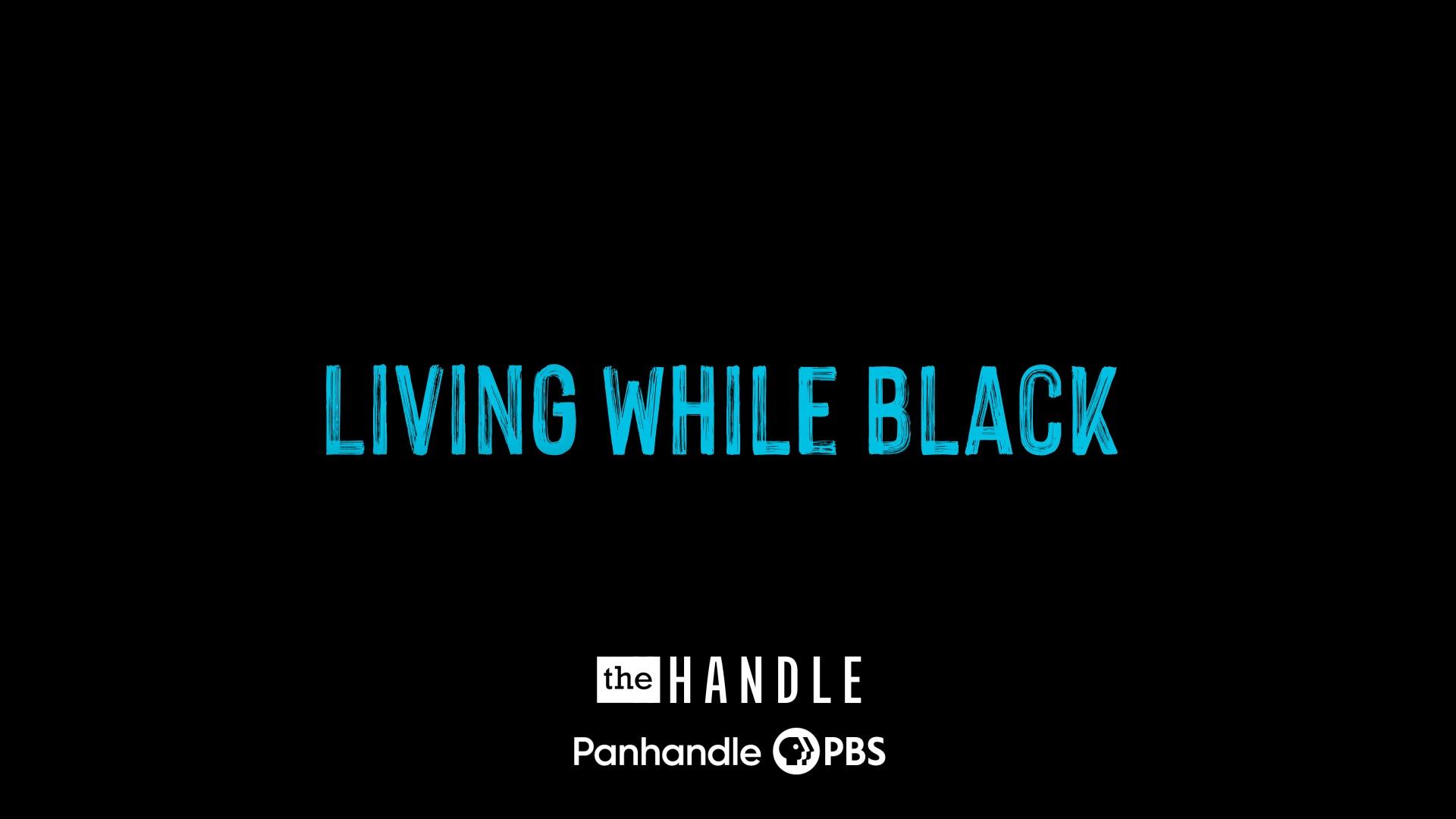Several months ago, Panhandle PBS invited Black and biracial residents of our community to talk about race and racism.
Then I sat in front of a blank page on a computer screen to write interview questions.
How do you start a conversation that most everyone in this country actively avoids?
I watched that cursor blink for a good long while. And the first answer that came to me is "with respect."
After George Floyd, after Ahmaud Arbery, after Breonna Taylor, after Michael Brown and Trayvon Martin, respect was our only sure approach.
"The Handle: Living While Black," which debuts this week, will bring you those conversations, raw and unflinching.
The special series of our newsmagazine, "The Handle," premieres at 7:30 p.m., Thursday, March 11 (after President Biden's primetime address). Remaining episodes will air at 7 p.m., March 18 through April 15. Whole episodes and individual segments can also be watched anytime at panhandlepbs.org/livingwhileblack, on our YouTube channel and other social media.
Dr. Martin Luther King Jr. often said white people and people of color live in two different Americas. The former in a land of opportunity; the latter, lacking in the same.
These interviews with people in our community illustrate King's point.
“Help me understand how living in America is different for you than for me, “ I prompted.
There were, of course, many examples I already knew. Just three months before, George Floyd died at the hands of police while in their custody in Minneapolis, Minn.
That would not happen to me in my America.
But it does in theirs.
“What does racism look like to you?” I would ask.
Most pulled in a long breath and let it out before they answered.
In more than 25 hours of interviews, our neighbors allowed themselves to be vulnerable about risk, trauma and disappointment. They also opened up about resilience, perseverance and pride.
What took me aback, though, was how I felt asking. I would tread lightly on the word Black, and stumble awkwardly on the word “white.” Sometimes I even sidestepped the reference completely by using “people like me.” I didn’t want to offend anyone or make embarrassing errors.
When you watch “The Handle: Living While Black,” you’ll learn that feeling clumsy is a natural but necessary part of breaking down biases. We’ve brought in an expert to help us understand the vocabulary of race and how to have a meaningful dialogue about it.
We perpetuate racism by not talking about our differences, by remaining silent and shushing the subject when it arises.
Panhandle PBS presents this series to you as a way to start one of the hardest conversations people can have in this country. We’ve worked through some of the stumbles, the awkwardness, the intrusiveness of asking our Black and biracial friends and neighbors about our differences.
By no means have we worked through them all. But the more we talk with our Black and biracial counterparts, the easier it gets to communicate more deeply, to find understanding and common ground. We want the same things: life, liberty and the pursuit of happiness.
Our hope is that this series can give you a leg up — support for starting your own conversations at home, at school, at work and in government. The segments and episodes can be used to start a dialogue without first staring blankly, wondering what to say.
Please, use our work as a first step.





